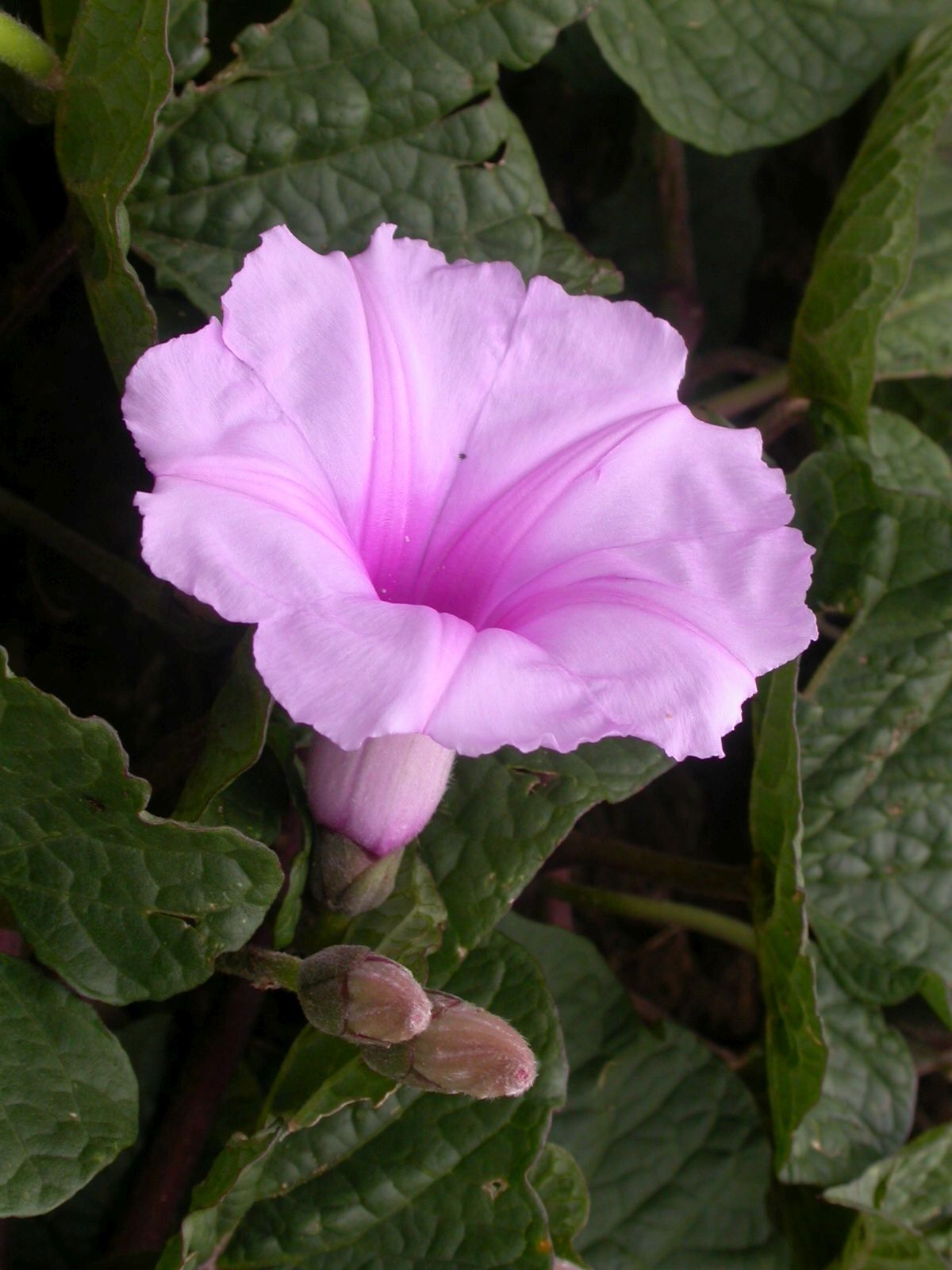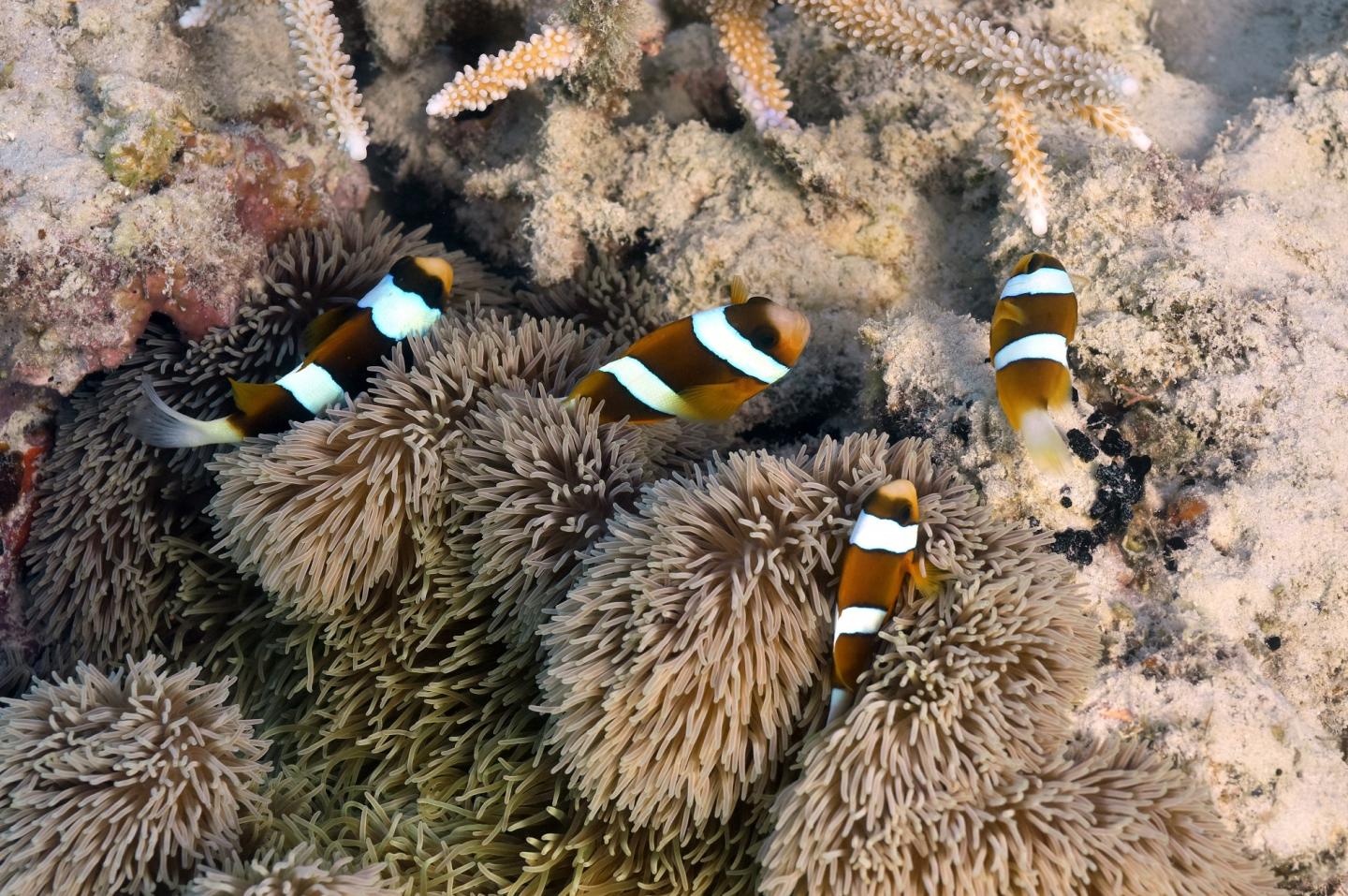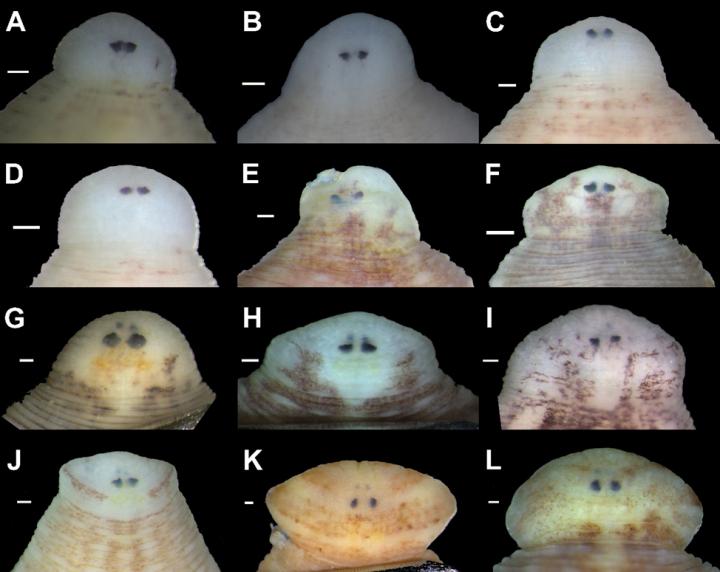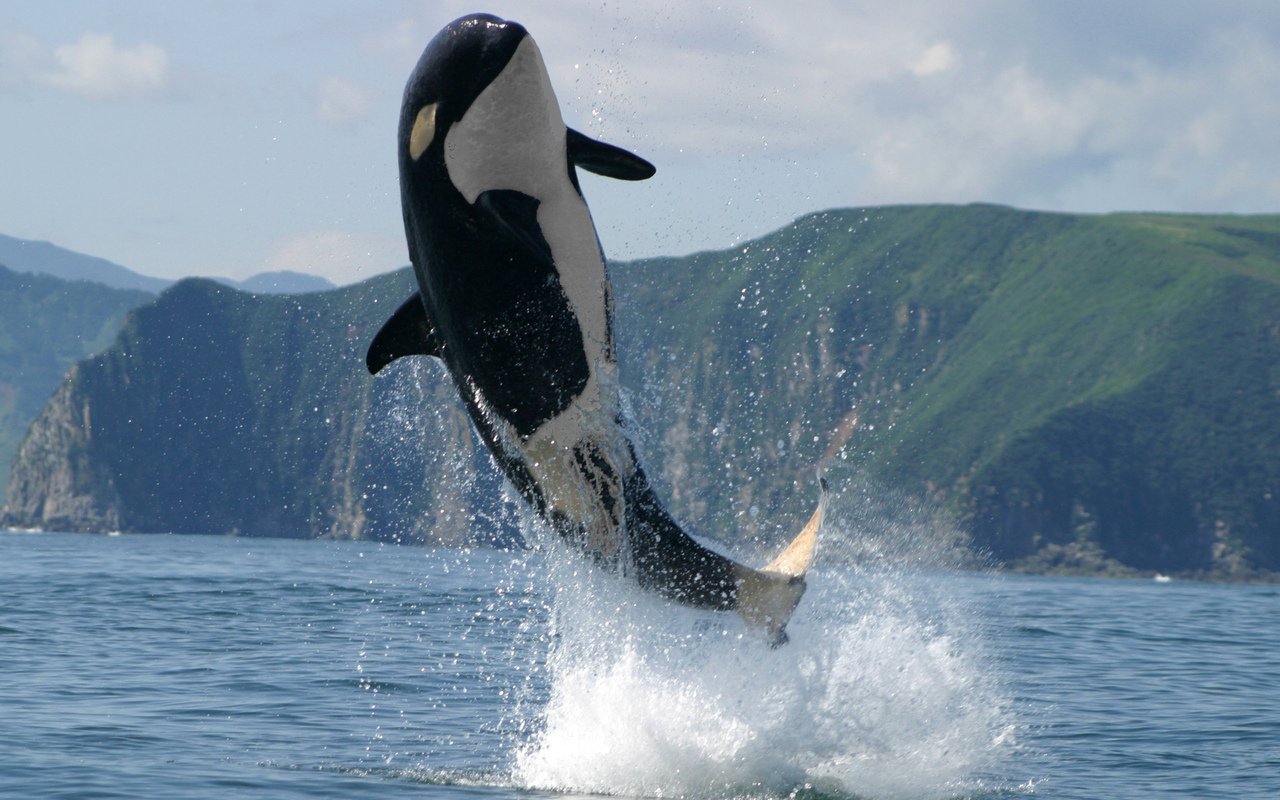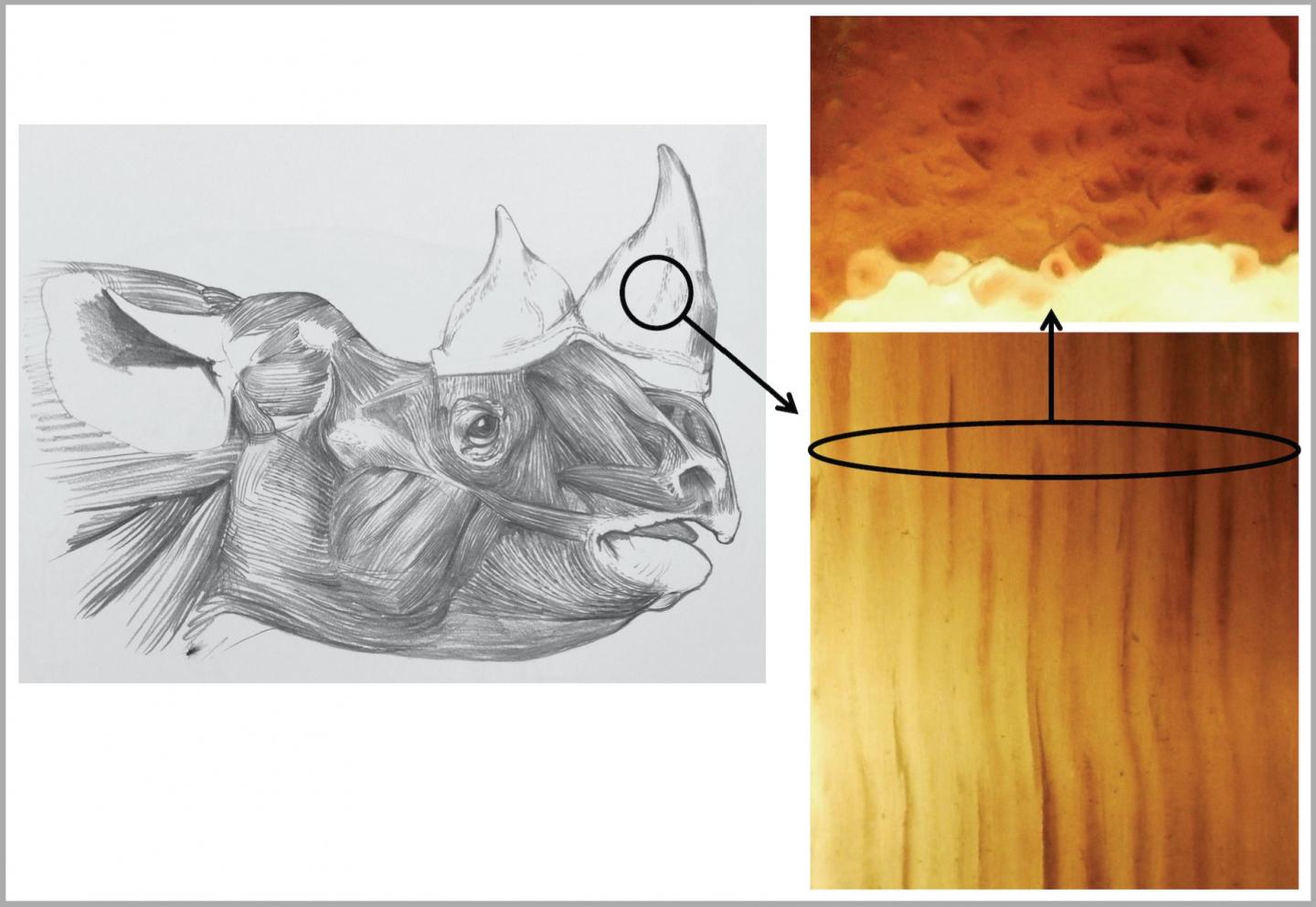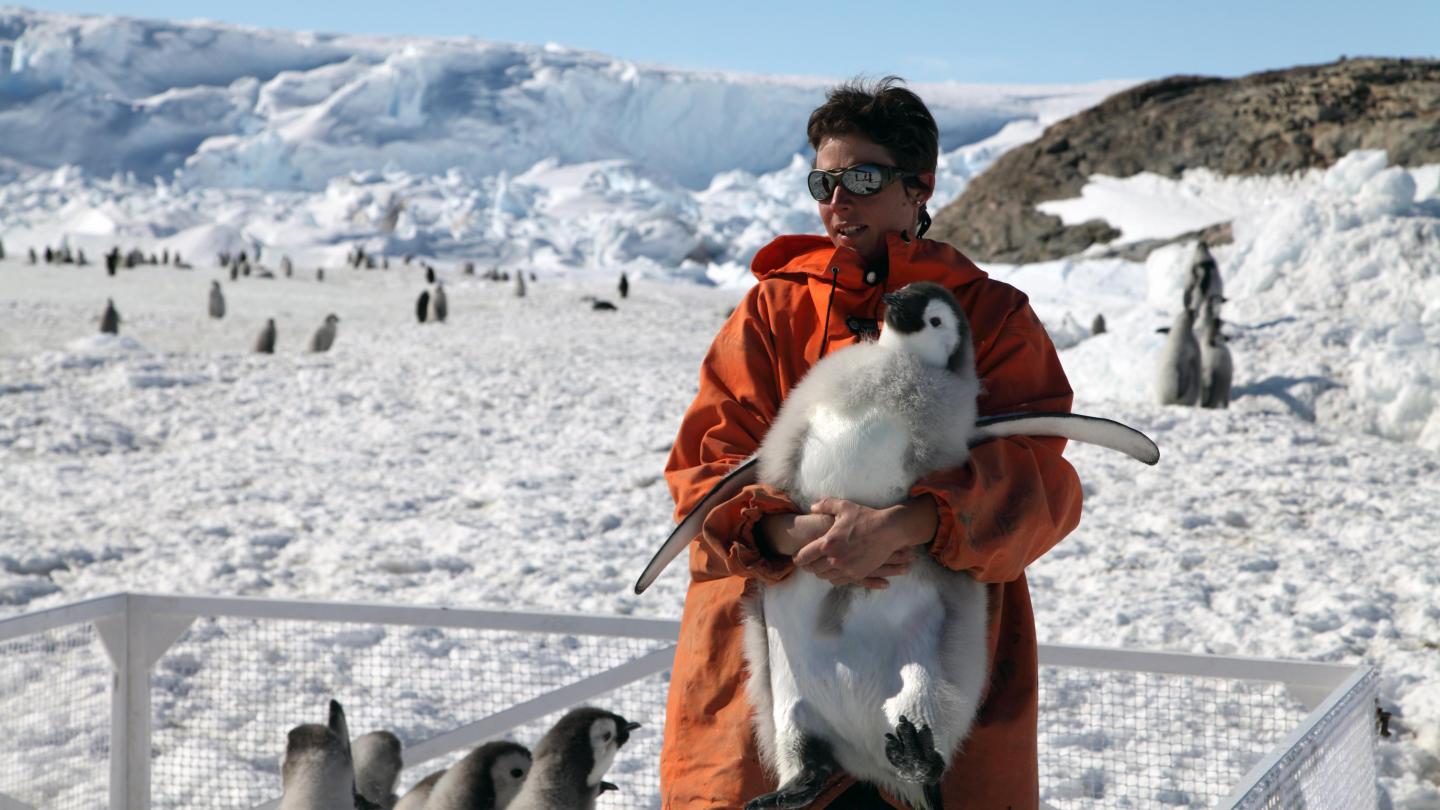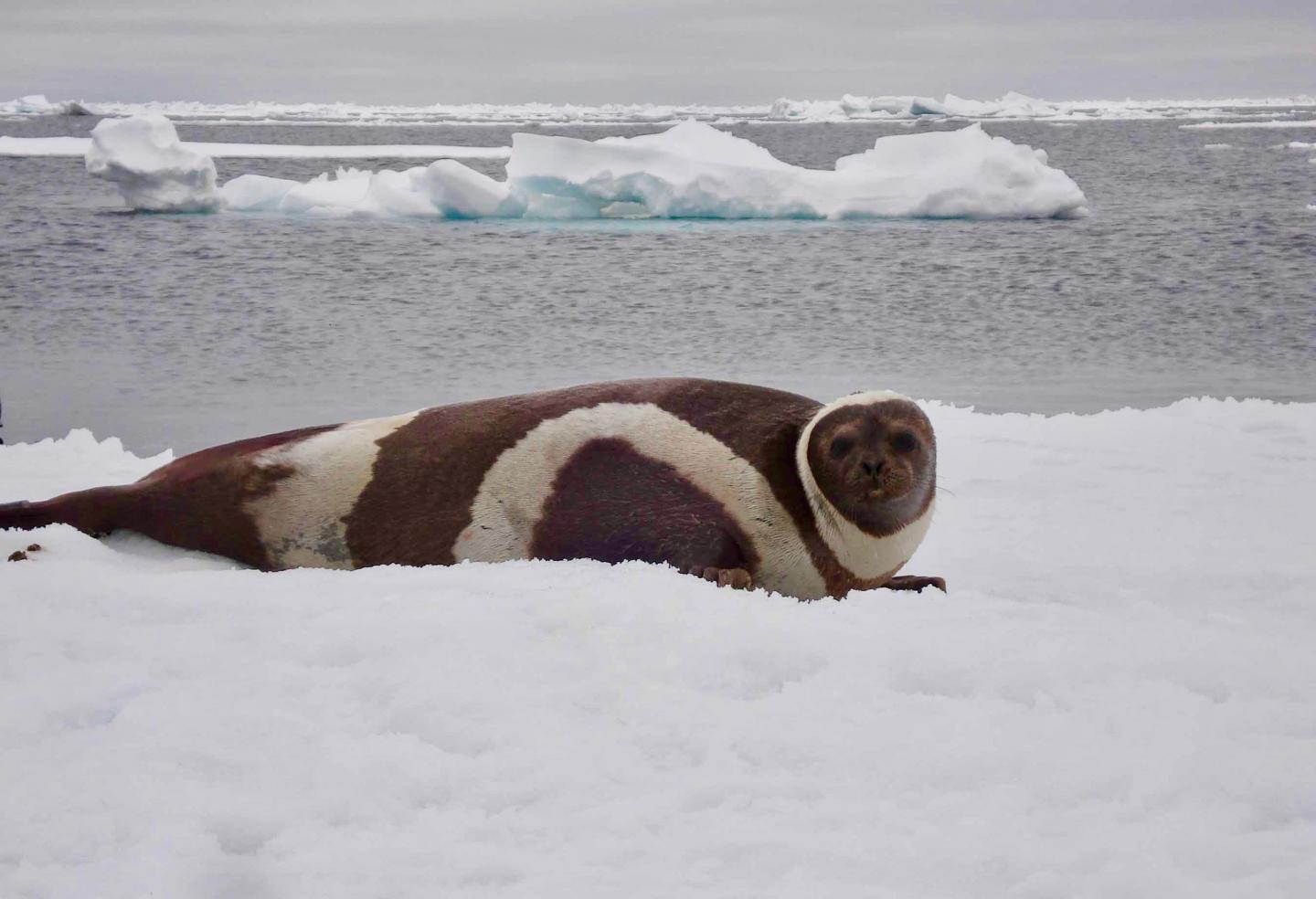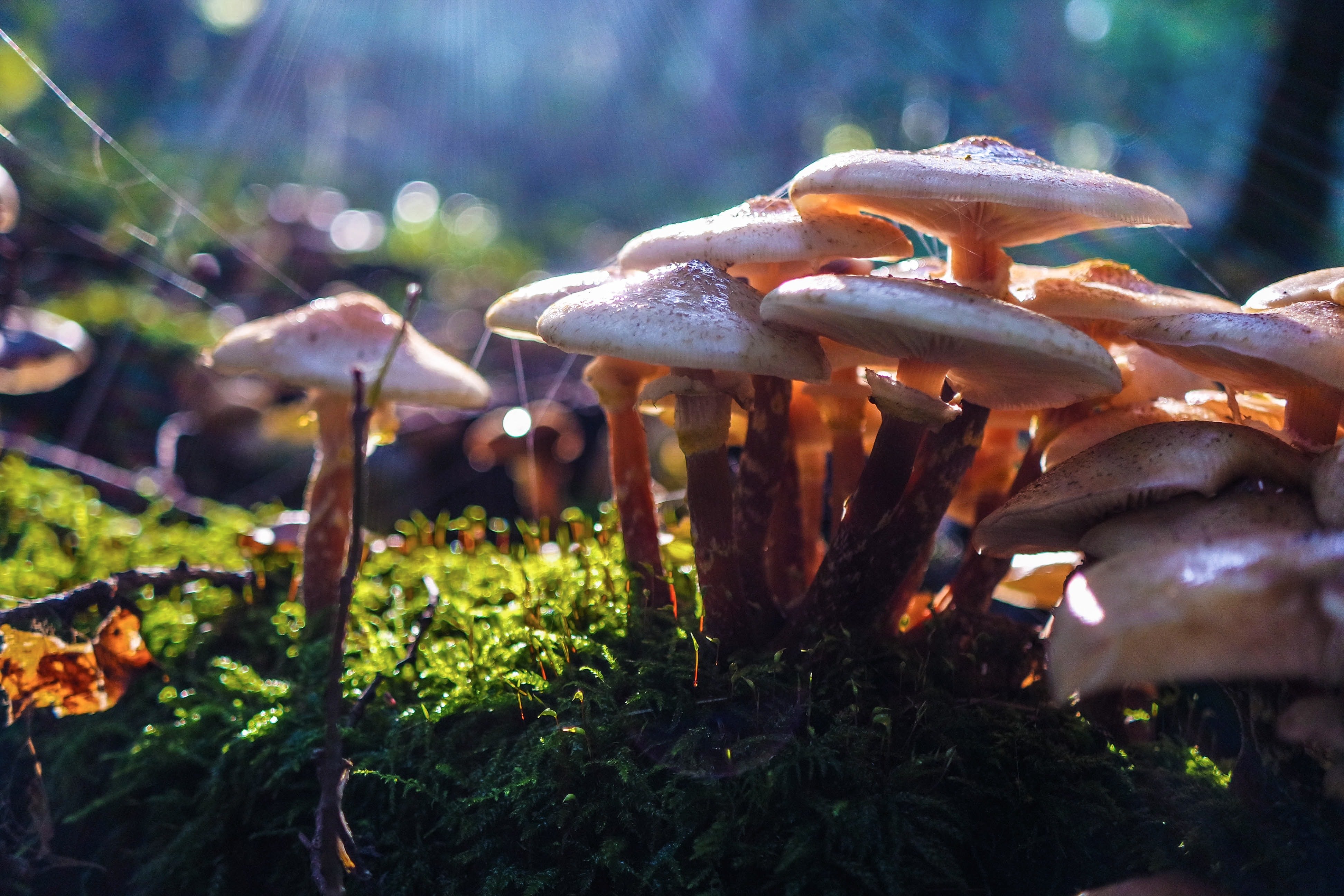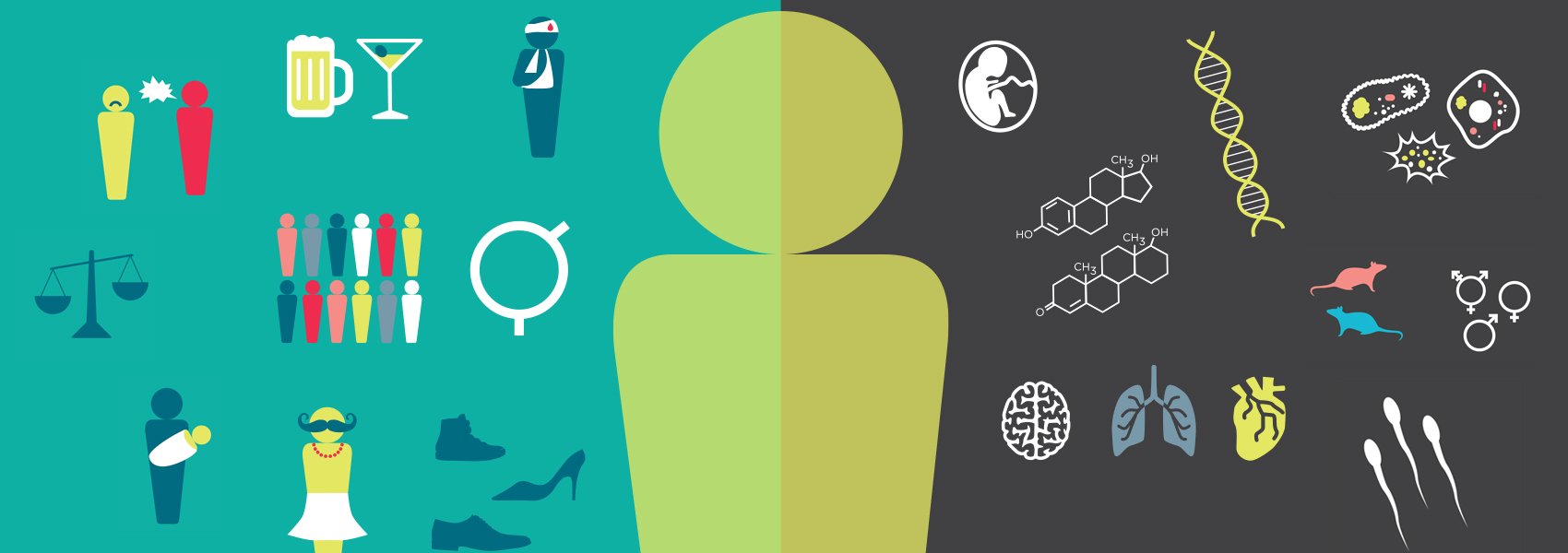What’s the story, morning glory? Taxonomy, evolution and sweet potatoes
This indicates that the storage root was an already-existing trait that predisposed the plant for cultivation and not solely the result of human domestication, as previously thought. This discovery, published today in Nature Plants, is part of a comprehensive monographic study of the morning glories, the biggest study of this group of plants to date, which … Read more
